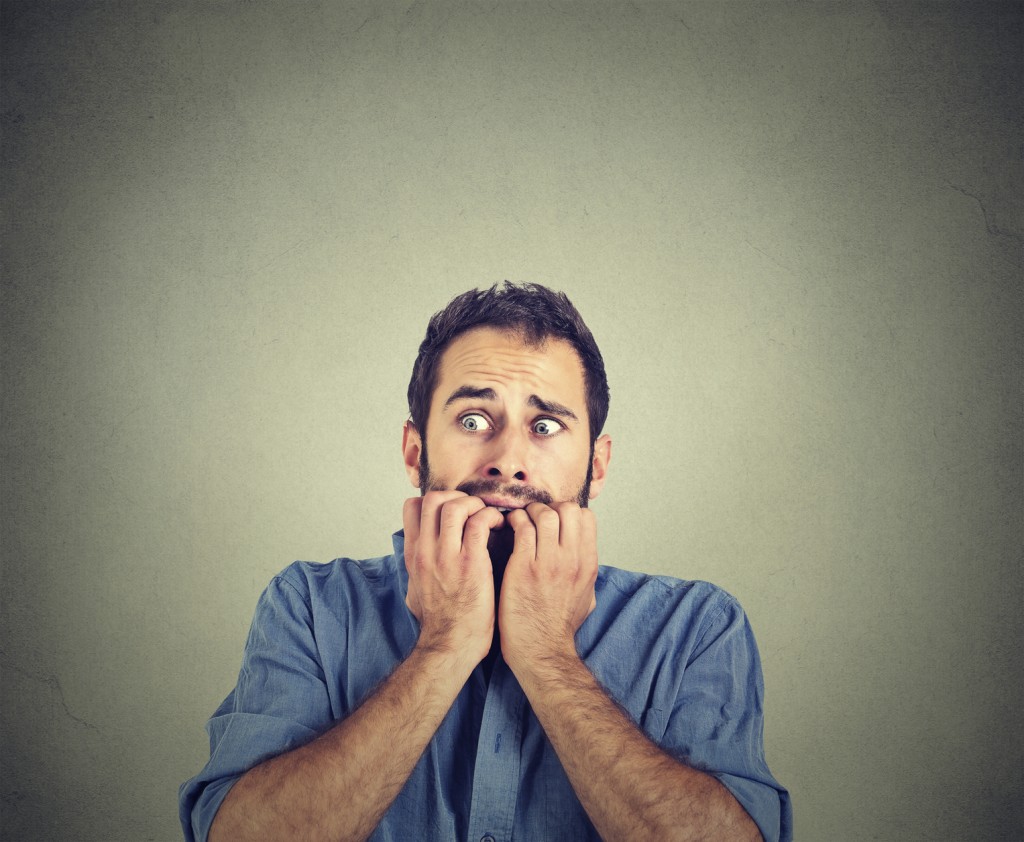Do you suffer from social anxiety or have a social phobia? If so, you’re not alone. Approximately 12% of the population in the U.S, or 19.2 million people, suffer from this condition. It is the third most prevalent psychological issue in the United States, coming in third behind depression and alcohol dependence.
The anxiety in social anxiety is concentrated on fear of exposure to the scrutiny and judgment of others and experiencing shame and humiliation. The person who suffers from social anxiety often knows that the fear is unreasonable but still can’t overcome it. Situations where it may come up include meeting people, dating, having a conversation with someone, being the center of attention, going to a party, public speaking, and performing in public.
Social situations are often avoided altogether or tolerated with intense distress. People who suffer from this condition may try to cope by avoiding social situations, using alcohol or other substances, coming late or leaving early from events, keeping to themselves, keeping themselves distracted, and avoiding eye contact.
Social anxiety causes distortions in thinking. Possible judgments that could be coming from others are exaggerated, the ability to cope is underestimated, possible negative outcomes are overestimated, and self criticism is huge. There is often a history of childhood experiences of social shame. There may also be a genetic and biological component, with a predisposition to anxiety and “fight or flight” responses in the brain to stressful situations.
If you suffer from social anxiety you are not alone, and there is help. Social anxiety is a very treatable emotional issues.You can learn to live a life free of the limitations that social anxiety creates.
